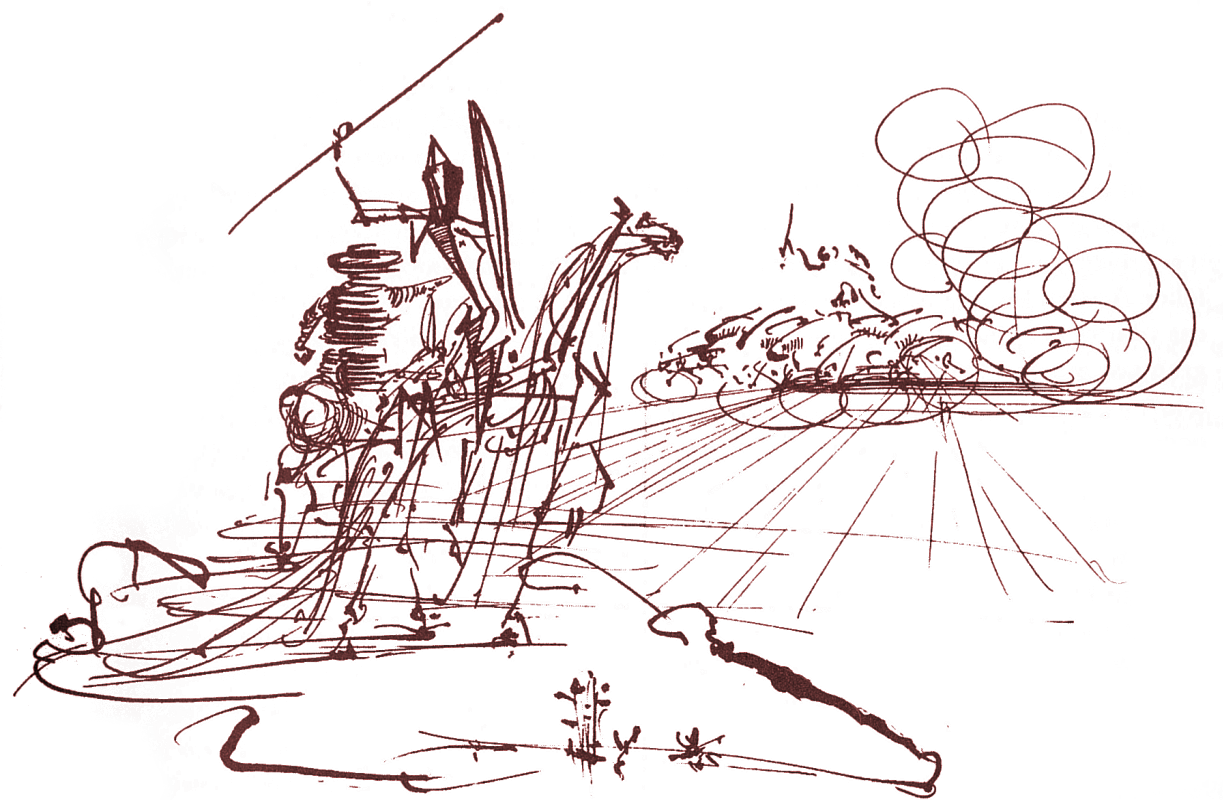I constantly meet people wherein we eventually have the following exchange:
(them) "Oh, you're a Christian, doesn't that make you judgemental?"
(me) "Any value system causes a person to believe that some things are right and others wrong."
(them) "No, not mine. I don't believe in Universal Truths. To do so would be judgmental. That is, I judge only those that believe in something. The ultimate wrong is to attempt to convince another of your own point of view. By the way, WTF, how are you a Christian? Hello, Crusades?!?!"
By this point I always feel thoroughly annoyed but I am glued to this same intellectual train wreck, as always, unable to look away.
In order to confront the great injustices of this world, we must first root ourselves in satyagraha, or, truth firmness. That is, in order to move outwards to change the world we must first know what we ourselves believe. Know thyself, as Socrates famously (did not) say. Or, know the thing you believe, the thing that is higher than yourself.
The second step in Alcoholics Anonymous is to believe in a power greater than yourself. Why is this essential? Because, if there is no God greater than the mewling self, there is nothing other than the satisfaction of desire. Why is this bad, you may ask? Anybody that has ever struggled against addiction, or any uncontrollable self-destructive urge, will know why you must accept something greater than your own desire if you are to overcome it.
What about those that struggle with darker drives? Those Colombian paramilitary soldiers that rape and kill, who played soccer with a man's head? How do you tell them not to do what they desire? Or, even worse, how do you tell them that what they think is right is actually wrong?
You have three options.
- Kill them
- Incarcerate them (prevent them from crime by threat of force)
- Convert them
How bad does conversion look now, stacked up against its options? Some may argue that it is impossible to convert a murderer, but I do not believe that is the case, as I will address further down.
When we use the word "injustice", we refer to a state of affairs that is out of harmony, that is dissonant, with a perfect world. This is what, throughout history, people have referred to as "evil." For most, evil conjures up a comic book villain, fully destructible, and fully mythological. This is the notion known as Manicheanism. To the Christian, evil is a force derivative of good. There is no absolute evil, only good that has strayed from it's original, created nature. Satan himself was once the morning star, the lightbearer. Therefore, justice resembles healing rather than destruction. We all have strayed from the path of justice and it takes hard work to return. Or, as Martin Luther King puts it, "...the method of non-violence is based on the conviction that the universe is on the side of justice."
On the other hand, lack of conviction will never change the world.
Some find the use of the word "evil" jarring. I believe that we can only root ourselves in goodness when we know what injustice and evil are, but in order to understand evil in a spirit of peace and nonviolence, we must leave behind Manicheanism and understand that no person is fully evil, and all people are originally, inherently good.
Of course, there are many cultures, with many different beliefs. Good and evil must be parsed within the context of cultures and traditions. Many people, when they hear I am a Christian imagine I am asserting some large body of beliefs that are hidden inside my words like the evils inside Pandora's Box. Generally, we live in a culture of religious and biblical illiteracy, for the religious and not. What that means is that people in America think they understand the Bible, but they lack even the most basic facts about what it contains.
But one thing I will assert, is that I don't believe in nihilists. We all have values, whether we value non-judgmentalism or being well-fed and getting plenty of sleep, these are the values that motor our decisions. If someone locks up a nihilist for no good reason or kills his or her parents, he or she will quickly gain a sense of right and wrong, and from that basis, will quickly move to condemn the actions of his or her persecutors. And most would actually march to war over the murder of a parent, the ultimate loss of relativism.
Nihilism is either the product of a privileged culture that has not experienced real injustice, or it is the result of a long personal narrative of deep struggle with such personal injustice that the person in question has lost hope in any kind of justice whatsoever.
Finally, to confront every Christian with the Crusades would be the equivalent of confronting every person who believed in evolution with the social Darwinism derived from the now discredited anthropological eugenics that drove Hitler to exterminate Jews and Gypsies.
In order to condemn the Crusades you must first believe in good, evil, justice, and injustice. I condemn the Crusades as evil from the Christian framework of good and evil. Tell me, why do you condemn the Crusades?









